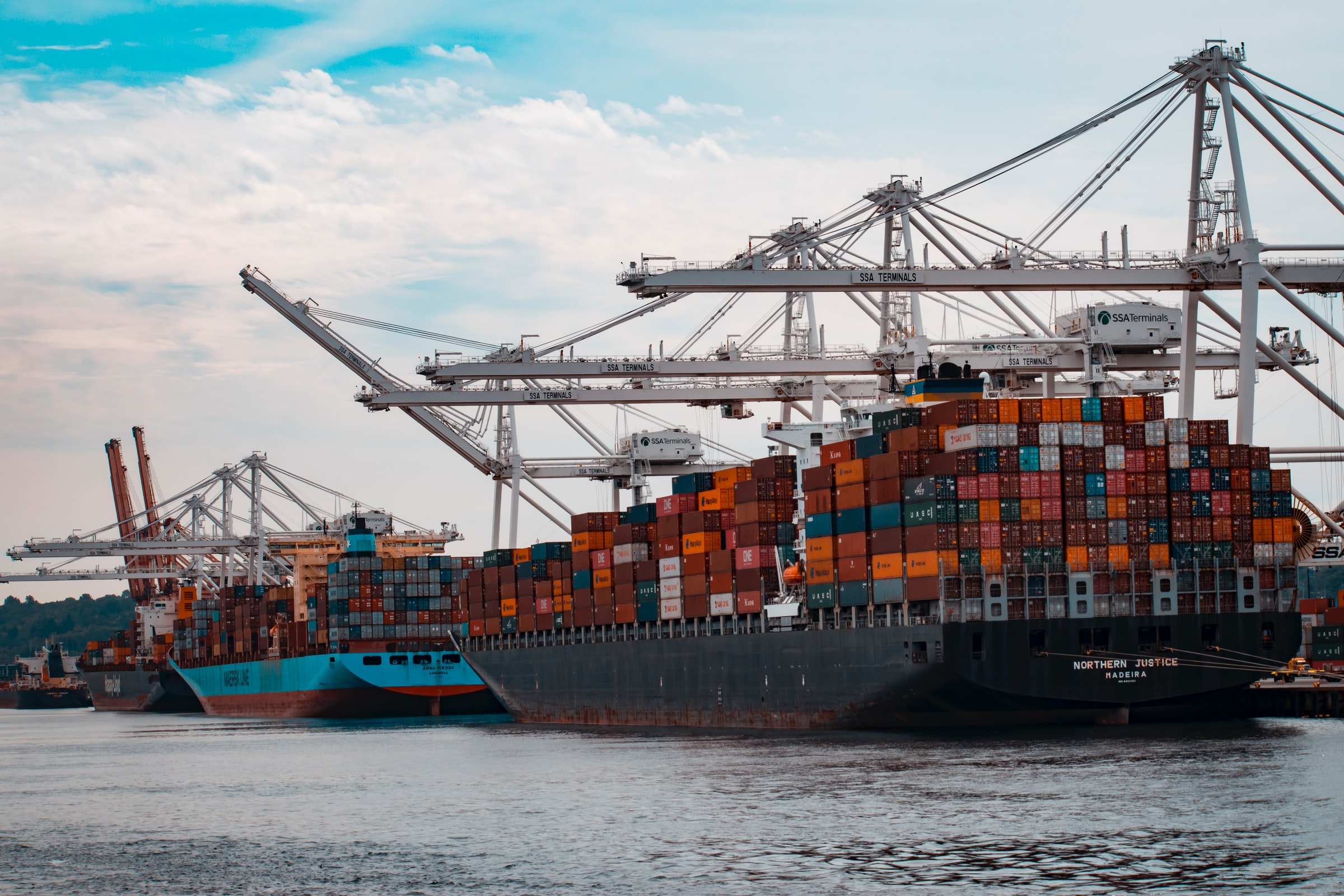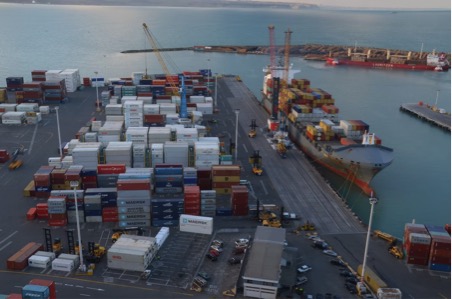Key Tips For Successful Container Importing In 2022

5 Vital Things To Consider Which Will Make Container Importing Successful
Every year the import market in the United Kingdom grows further. Even in recent years with the disruptions to trade caused by Britain’s exit from the European Union and the Coronavirus Pandemic – the first quarter of 2022 recorded a growth of £3.0 billion (10.4%) in comparison with the first quarter of 2021.
That’s because despite the periods of uncertainty and adversity in recent years, there has been impressive expansion around nearly all of the major UK ports. With around 8 being selected for new Freeport status and many new infrastructure developments taking place at ports such as; Felixstowe, Teesport and Hull.
Such lucrative growth has resulted in many more businesses entering the import and export market as they look to access some market share and compete for revenue. So as the sector begins to become crowded it is essential for companies to make the right choices with how they approach container importing. Luckily, this article is aimed at helping those new to the industry really get to grips with how they can be successful with container importing. Our team here at Highway Logistics have compiled a list of 5 key things to address and focus on which will help businesses navigate what can be a stress filled logistical landscape.
Ensure You Select the Best People to Work With

Importing goods is a collective endeavour, and you will certainly have to coordinate multiple agents and collaborate with multiple different organisations to make processes work effectively.
If one cog in this intricate system falls behind or fails to complete their duties to a deadline it can derail the entire process – leading to higher expenses and logistical challenges to correct everything. This means the people you choose to work with are crucial to the success that you will have, if you don’t get the right people in place with clear structures of accountability – you could quickly run into problems.
A good example of needing seamless communication in container importing is when a business will liaise with a clearing agent to gain import clearance for their goods.
To ensure everything is well taken care of it is essential that you select a clearing agent who is well experienced and has all of the relevant qualifications. Your in-house team are also going to be responsible for providing the clearing agent with the essential documentation for shipping – so this integral part has to be handled by people who know what they are doing.
Keep Updated on Different Ports Hold-up Policies
In the event of delays to your supply and logistical processes, it may be the case that you incur fees from port associations for having to store your cargo there for an extended period of time.
These charges can be calculated depending on the size of containers and the types of goods you are importing. Different ports will operate with different fees and different timescales, so knowing these is going to be crucial to mapping out a successful logistics strategy for your container importing.
Most of these different policies have been affected in recent years by Brexit, and they can vary depending on the UK port and whether or not goods are being imported from the EU or elsewhere. Most ports provide this information as do shipping companies and you will be able to find this out with a quick Google search.
Factor in Route Variations

It is impossible to predict every changing scenario in the world, and each country, though shipping routes and road infrastructure are ever changing.
The routes in and out of different countries can vary throughout the course of a calendar year and they are not always as direct as you would first imagine. There are many indirect routes that you will have to work with and these seriously increase the risk of delayed delivery.
Couple this with different road network improvements and/or closures in both departure countries and destinations, you will need to have access to real-time data to properly plan out the most effective transportation routes for individual consignments.
There is also the fact that whilst transporting cargo through multiple countries, it will likely have to undergo different levels of inspections and checks at different borders depending on that nation’s rules. For these long shipments, every piece of paperwork and documentation for each of the customs offices will need to be in place correctly.
Ensure You Know What Is Allowed & What Is Prohibited In Different Countries
Depending on where you are exporting to or importing into, there are many goods which can be acceptable at one end but prohibited at the point of destination.
Commonly the UK has strict laws that prohibit the import of dangerous weapons and controlled substances for example. These are pretty self-explanatory and most people can understand exactly why this is. However, in middle eastern countries (which are predominantly muslim in belief) they will not accept goods such as wine – a product that is imported throughout the western world as commonly as cars, wheat and gas.
When importing goods, it’s essential that you have an up to date list on which goods you can and cannot import into different countries. It will be your responsibility to ensure that no banned goods are being sent to nations that will turn them away.
There is one piece of good news with prohibited items however. If in the event that you are needing to import goods into a nation which will not normally accept them – you can seek to obtain an import licence or permit for the goods. This may be accepted, so long as it is processed correctly and passed to relevant authorities in that country with ample time available for them to review it.
Be Sure You Adhere To Different Packing Rules In Different Countries

At many ports around the world, goods shipped in containers will need to be packed in the correct way for them to be accepted upon arrival. This will normally be to ensure the goods are protected from damage and that there will not be disruption in supplies of certain products due to damaged shipments.
Depending on where they are travelling, many goods may be subject to harsh and adverse weather conditions and the loading and unloading process could also risk damage to the goods. This means that having regulations around how they are packed serves to offer them the maximum level of protection throughout transportation.
When importing you will need to keep updated records on the ways in which goods need to be packed in different countries, to ensure the protection is there and that consignments can be accepted at their port of destination.
Summary
There are many different factors which should be considered before you begin importing and exporting goods throughout the world. Above are just a sample of these and those which we deem most important.
For more information on the logistical process of goods transport, importing and exporting goods, freight forwarding and more you can read our helpful advice throughout our number of other blogs listed here.

3 Comments